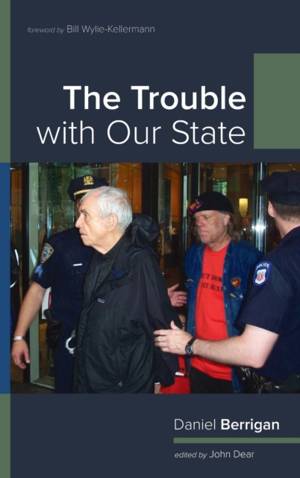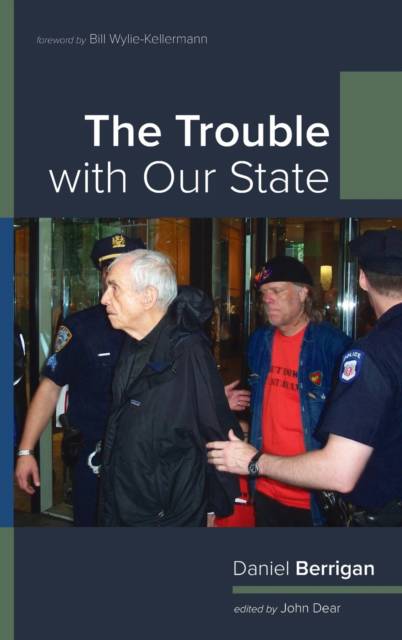
- Retrait gratuit dans votre magasin Club
- 7.000.000 titres dans notre catalogue
- Payer en toute sécurité
- Toujours un magasin près de chez vous
- Retrait gratuit dans votre magasin Club
- 7.000.0000 titres dans notre catalogue
- Payer en toute sécurité
- Toujours un magasin près de chez vous
Description
"The trouble with our state," Daniel Berrigan writes in his great poem, "was not civil disobedience, which in any case was hesitant and rare. . . . The trouble with our state--our state of soul, our state of siege, was civil obedience." This poem, like the many others gathered here together by Daniel Berrigan's friend and editor, Rev. John Dear, continues his famous critique of the American war machine and summons readers to carry on his campaign of nonviolence for the abolition of war, violence, and nuclear weapons. "In this collection, I've brought together some of his most well-known political poems, poems from prison, poems from resistance, and a few never before published," John Dear writes in his foreword. "I hope they will inspire us to take up where Daniel Berrigan left off--following the nonviolent Jesus by resisting the culture of war, racism, nuclear weapons and environmental destruction and pursuing a new culture of justice, disarmament and environmental sustainability." May we heed his call and carry on the gospel journey of civil disobedience, creative nonviolence, and divine obedience to "seed hope," "flower peace," and trace "a liberated zone of paradise." "In looking over the selections, I'm thinking of poetry and nonviolence," Bill Wylie-Kellermann writes in his introduction. "There is certainly the matter of bringing more poetics to action, for which Berrigan enjoys virtually a charism. This is not just in the recounting, plucking an action from the street and telling it in verse (there are any number of such here), but for casting actions in symbol, metaphor, liturgy, even sacrament. Enact the poem; embody it." He continues, "Poetry also has a freedom about it, akin to what Gandhi called non-attachment to results. Like prayer, or sacrament for that matter, one offers a poem into the world, setting it loose and letting it go. It is. A germinating seed. In that sense, this book is a seed packet of nonviolent resistance. The sower has cast it. Upon Earth. Upon us all."
Spécifications
Parties prenantes
- Auteur(s) :
- Editeur:
Contenu
- Nombre de pages :
- 144
- Langue:
- Anglais
Caractéristiques
- EAN:
- 9781666720945
- Date de parution :
- 17-09-21
- Format:
- Livre relié
- Format numérique:
- Genaaid
- Dimensions :
- 152 mm x 229 mm
- Poids :
- 367 g

Les avis
Nous publions uniquement les avis qui respectent les conditions requises. Consultez nos conditions pour les avis.






